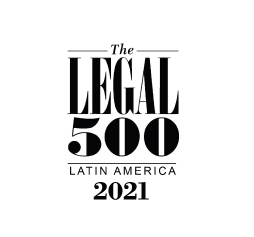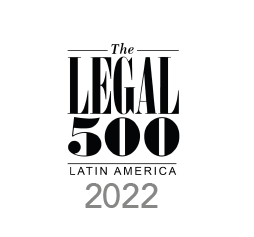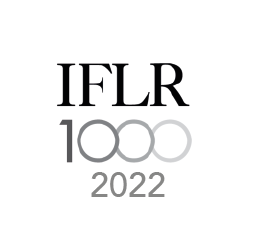After eleven years, the Central Bank of Paraguay issued on January 20, 2022, Resolution No. 16, Act No. 4 (the “Resolution“) by which it repealed the previous regulations on minimum standards for good corporate governance. Unlike the previous regulation, this new regulation places greater emphasis on the management of conflicts of interest.
We summarize below the main 10 changes brought by the Resolution:
| 1. Reporting Subjects: The Resolution imposes the obligation to adopt the minimum standards of corporate governance not only to the entities supervised by the Superintendence of Banks (as it was before), but also includes, in same manner, the entities supervised by the Superintendence of Insurance.
2. Due diligence: Identification, measurement, control, monitoring and management of risks are framed on the standard “due diligence”, based on the Resolution, understood as informed and prudent criteria on decision making. . Previously, Formerly, there were no standard established for this activity. 3. Conflicts of interest: The cornerstone of the Resolution is preventing conflicts of interest, defined as the situation in which a person or body of the entity faces different alternatives of conduct due to mutually incompatible interests. Thus, based on the Resolution, the Board of Directors must monitor the application and operation of policies for identifying conflicts of interest. 4. Types of Directors: Two types of Directors are established: Independent and Patrimonial. It is maintained the requirement about both having recognized professional prestige, experience and knowledge in the administration of the supervised entity. Additionally, Independents must have a relationship with the supervised entity, its Shareholders, Directors and Executive Staff that would not generate a potential conflict of interest to maintain their independence of judgment. Additionally, the Independent Director could be a shareholder with a share of up to 4.99% of the voting capital. Patrimonial Directors are those who are not Independent Directors 5. Board Incompatibilities: The most controversial provision is maybe the one about the limitations placed on Board members. Based on the need for Directors to have enough time to fulfill their duties and prevent conflicts of interest, the following main incompatibilities are imposed: management/administration positions cannot be held in (i) another financial economic group; (ii) more than three entities; (iii) a Director may not be General Manager or member of the Board of Directors at the same time, among others
|
6. Chairman of the Board of Directors: The role of the Chairman is clearly defined, mentioning his/her responsibility for the effective operation of the Board of Directors, encouraging critical debate in decision-making. The Chairman is not allowed to coordinate the Risk Committee and is designated as the recipient of queries, complaints, claims and reports.
7. Group Structures: The Board of Directors of the controller of the economic group to which the supervised entity belongs has the obligation to establish a clear and adequate corporate governance framework for the structure, business and risk of its economic group. 8. Control Threshold: In line with the spread of important economic groups in the local financial environment (in which several economic groups control a bank, insurance company, brokerage house, etc.), the Resolution replicated the control thresholds previously established to group structures. “Control” is redefined as: (i) shareholding greater than 50%; (ii) for entities with more than 10 shareholders, or with shareholders with equal or less ownership of 24.99% of the shares, a participation equal to or greater than 25%; (iii) shares with privileged voting rights that manage to impose their will; and (iv) any other shareholder who, through any other agreement, manages to impose his will. 9. Risk Management: The Resolution defines previously unclear concepts such as “risk culture”, “risk appetite” and “risk limit”. In addition, it regulates risk management more precisely and clarifies the obligations of the person responsible for regulatory compliance. 10. Technical Committees: In addition to the legal committees, the Resolution provides guidance for optional committees, such as Compensation, Human Resources, Ethics and Regulatory Compliance Committees.
|
For more information on this matter, do not hesitate to contact our Banking and Finance team:
Manuel Arias
Alvaro Rojas
Andrés Nasser












